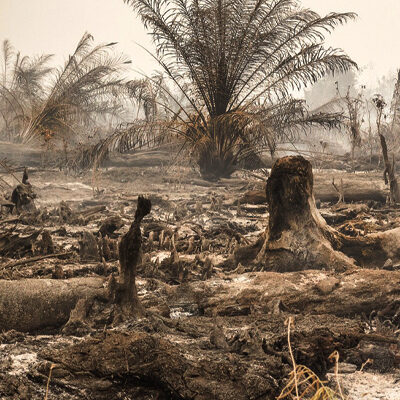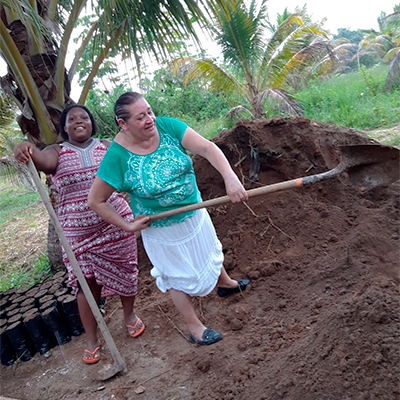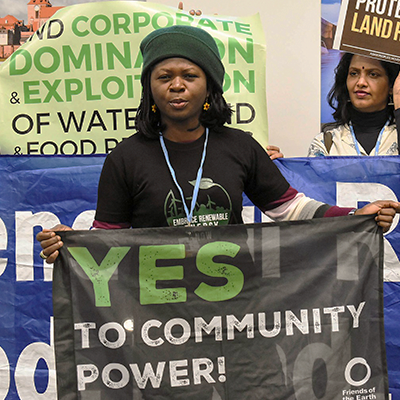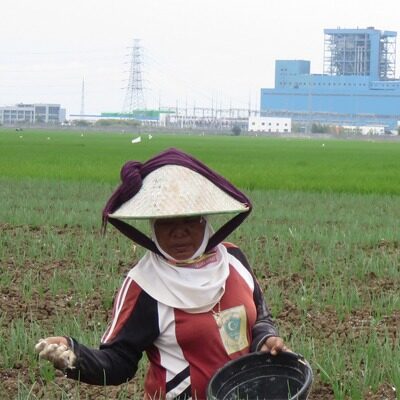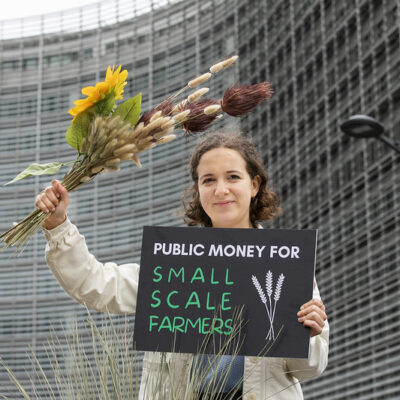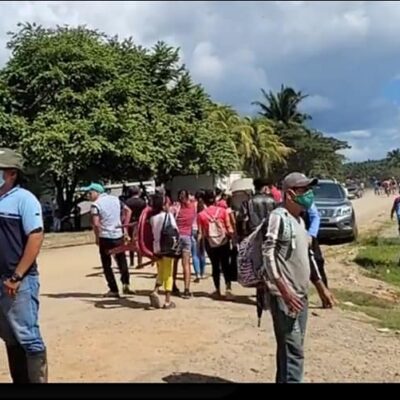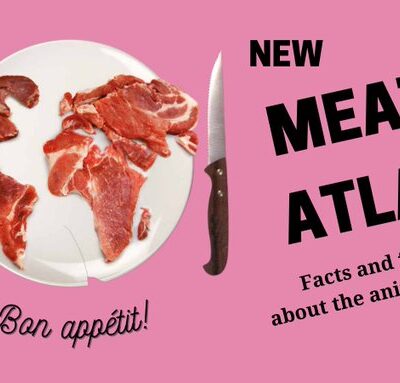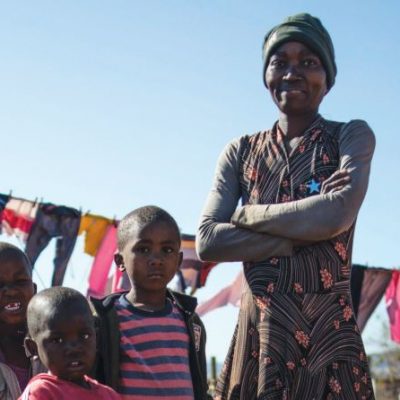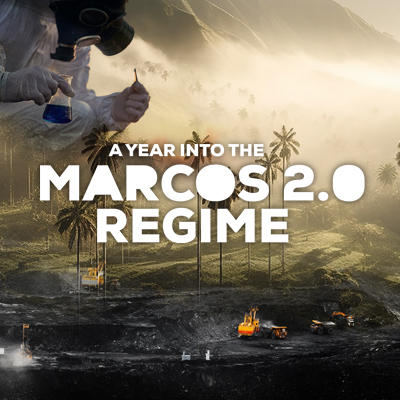
Spotlight Philippines: A Year into the Marcos 2.0 Regime
June 30th marks the full circle of the first year under Philippine president Ferdinand 'Bongbong' Marcos Jr., son of previously deposed dictator Ferdinand Marcos Sr. The Philippines is both a globally critical hotspot of biodiversity and natural resources, and a historic beacon of democracy and people power in Asia. But the environmental and human rights situation has deteriorated over the…



